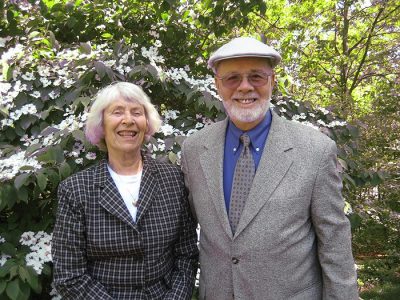Teresa Tamborra-Walton, an MCB major and senior undergraduate research student in the Lynes laboratory, has been selected to represent the University of Connecticut at the second annual BIG EAST Undergraduate Research Poster Symposium. Her work was chosen to represent the best of student research being done across all disciplines including natural sciences, physical sciences, social sciences, humanities, nursing, business, engineering, and fine arts at UConn. Her presentation will be entitled “Characterization of anti-MT monoclonal antibody as a potential therapeutic in autoimmune or chronic inflammatory diseases”. This symposium will take place in the morning of March 11 at Madison Square Garden. Five posters from each BIG EAST institution will participate and each presenter will be invited to the BIG EAST Championship game to be played the night of the symposium.
MCB Major, Tamborra-Walton Invited to the 2nd Annual BIG EAST Undergraduate Research Poster Symposium
February 9, 2023
